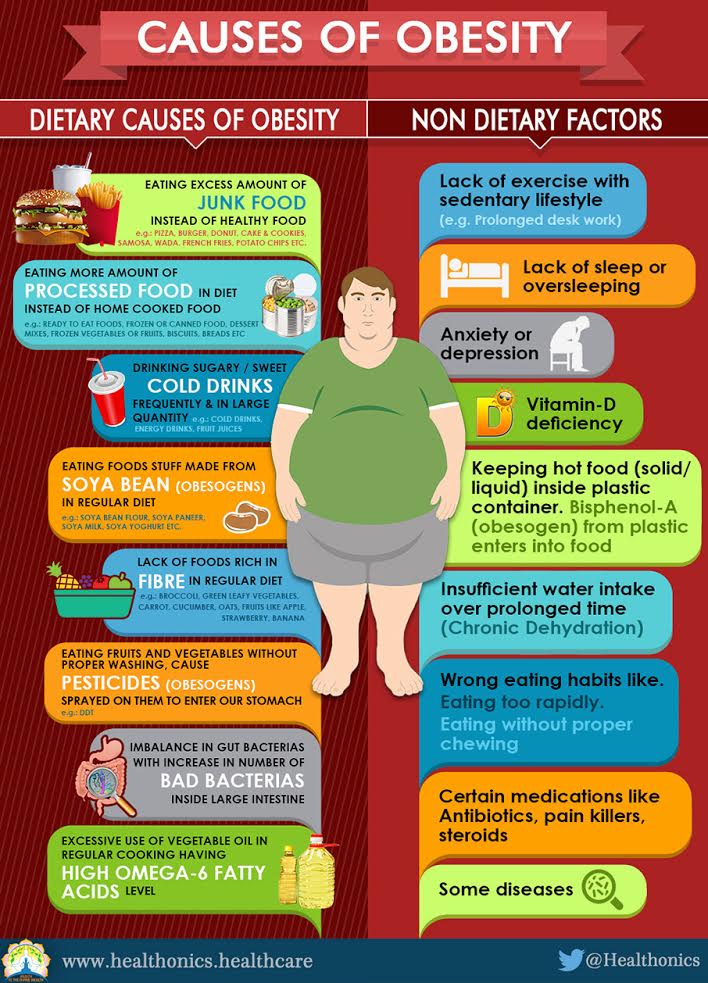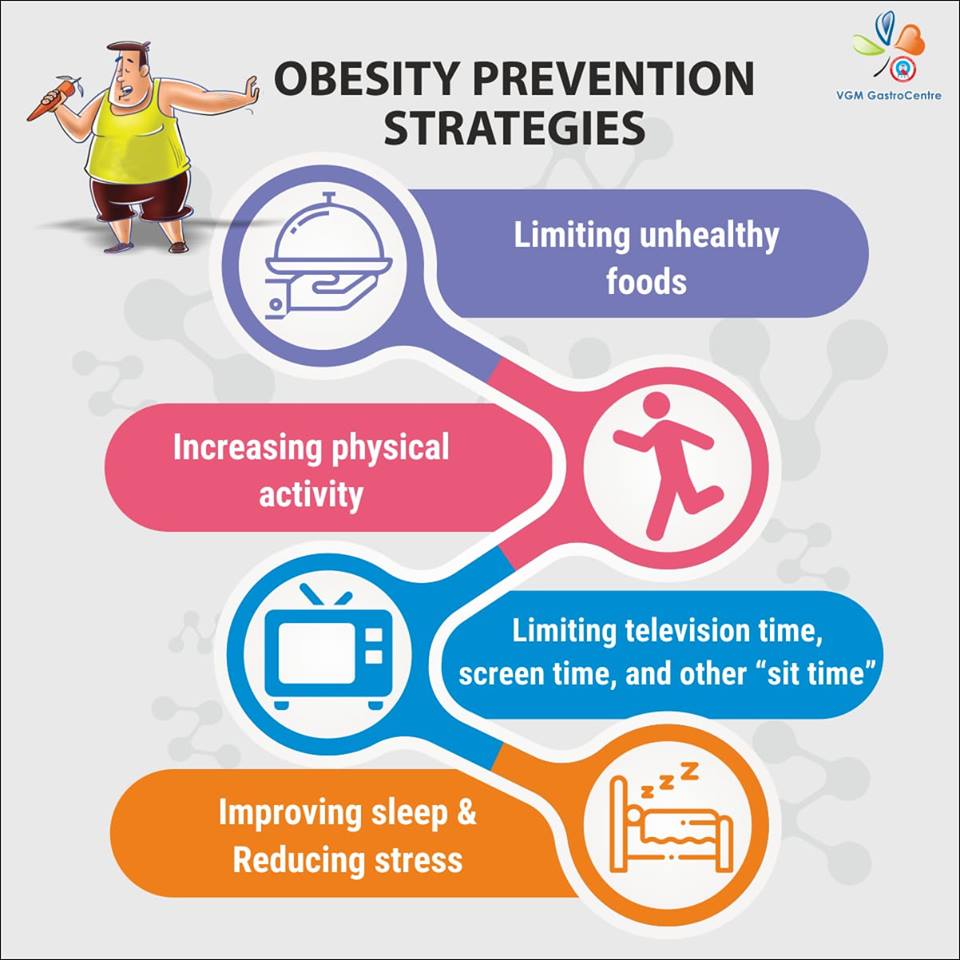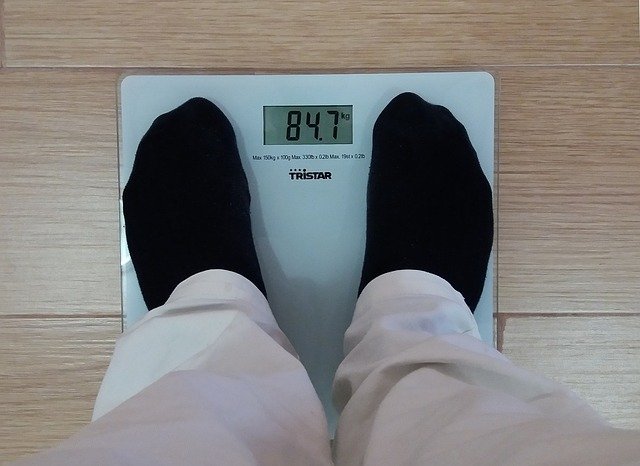Obesity and Overweight Can Affect Health Problems
Obesity is a medical condition that occurs when a person carries excess weight that might affect their health!
What are obesity and overweight?
Obesity and overweight are defined as abnormal so, excessive fat accumulation that may impair health.
Furthermore, when people eat more calories than usual over and over again, so their bodies will store the extra calories. For instance, fat may build up in their bodies.
Eventually, fat can harm the health of a person. In addition, The term “overweight” or “obese” actually has a higher chance of developing weight-related health problems. It can lead to other diseases like high blood pressure, high cholesterol, type 2 diabetes, heart disease, and sleep apnea. However, weight can come from muscle, bone, fat, or body water.
Above all, these diseases give a bad impact to our body. For instance, people with severe obesity are more likely to have other diseases.
Facts about overweight and obesity
The global WHO estimates, in 2016, therefore, more than 1.9 billion adults above 18 years and older were overweight in and more than 650 million adults are obese.
Eventually a large number of the world’s population lives in countries where overweight so, their death number of obesity is however more than underweight people.
Body Mass Index (BMI)
Body mass index (BMI) is a simple index of weight-for-height. Therefore, It is used to define whether an individual is considered underweight, healthy, overweight and obesity. In addition, often all doctors use BMI to check patient weight at all routine check-ups.
| BMI | Weight status |
|---|---|
| Below 18.5 | Underweight |
| 18.5–24.9 | Healthy |
| 25.0–29.9 | Overweight |
| 30.0 and above | Obese |
Health problems of being overweight and obesity
Obesity is when your body weight is abnormal. Therefore, it can lead to other diseases like high blood pressure, high cholesterol, type 2 diabetes, heart disease, sleep apnea, and many more. In other words, these diseases may affect a poor quality of life, disability, or life threatening.
1. Hypertension
Obesity is the one that cause of high blood pressure. But, also known as hypertension. For instance, about three out of four patients with high blood pressure are obesity. Similarly, high blood pressure increases the risk of other conditions such as heart disease like congestive heart failure (CHF) in addition, so it can also cause stroke, and kidney disease.
2. Respiratory Disorders
Obesity and overweight are at higher risk for lung infections, asthma, and other respiratory disorders. In addition, people with obesity, around 50% to 60% therefore, have obstructive sleep apnea (OSA). Because, obstructive sleep apnea (OSA) is a very serious breathing disorder and it block air passageways during sleep. Above all, this blockage causes you to stop breathing for a while.
Mostly, it may attack during your sleep at the night. However, it reduced the amount of oxygen in blood. Because, obstructive sleep apnea can cause sudden cardiac death and stroke because apnea will disrupt the normal sleep cycle, and may cause restless sleep. In addition, fatigue and drowsiness occured.
3. Heart Disease
Heart attack is a higher risk with people that have severe obesity. For instance, it increases the risk of heart failure. However, obesity in addition can associated with arrhythmias that is irregular heartbeats.
4. Diabetes
Obesity is a major cause of Type 2 diabetes. Similarly, when blood sugar is too high in your body and difficult to control, because of high blood sugar. So, type 2 diabetes can risk to death.
There can lead to:
- Amputations (loss of limbs)
- Heart disease
- Stroke
- Blindness
- Kidney disease
- High blood pressure
- Nerve damage and numbness
- Hard-to-heal infections
- Impotence
5. Gastroesophageal Reflux Disease (GERD)
Obesity has been associated with higher risk of GERD. In addition, Gastroesophageal Reflux Disease (GERD), and heartburn, because of stomach acid or intestinal secretions lead to oesophagus damage. In other words, heartburn, indigestion, vomiting, coughing especially at night, hoarseness, and belching is the common symptoms.
6. Bone and Joint Damage
Above all, bone and joint damage may affected if you are obesity. However, it can increase the risk of personal injury and accidents. In addition, joint diseases (arthritis), disc herniation, spinal disorders, back pain, pseudotumor cerebri, a condition that increase the pressure in the brain and associated with confusion similarly disorientation, headache, and visual problems might occur.
7.Cancer
As body mass index (BMI) increases, so the risk of cancer and death from cancer might be increased.
These cancers include:
- Endometrial cancer
- Cervical cancer
- Ovarian cancer
- Postmenopausal breast cancer
- Colorectal cancer
- Esophageal cancer
- Pancreatic cancer
- Gallbladder cancer
- Liver cancer
- Kidney cancer
- Thyroid cancer
- Prostate cancer
- Non-Hodgkin’s lymphoma
- Multiple myeloma
- Leukemia
Above all, for people with severe obesity, the percentage of death increases for all types of cancer. So, the death rate is men is 52% and for women is 62% higher.
Other Conditions
Kidney Disease: High blood pressure, Type 2 diabetes and congestive heart failure are major causes of kidney disease and kidney failure. In addition, these conditions are even worse with people that have obesity.
Liver Disease: Obesity is the major cause for fatty liver. For instance, most people with severe obesity have fatty liver disease so, It can cause scarring at the liver, resulting in liver damage. In addition, can lead to cirrhosis.
Other conditions that could become life-threatening: Therefore, pregnancy women that diagnosed with obesity will increases the chance of having a miscarriage, gallbladder disease, pancreatitis, and others.
What causes it?
The following picture shows causes of obesity.

How can overweight and obesity be reduced?
However, overweight and obesity as well as unrelated diseases associated with it, are largely preventable.
People can reduced by:
- Limit the energy intake of total fats and sugars.
- Increase diet fruit and vegetables, legumes, whole grains and nuts.
- Do regular physical activity everyday, In other words, at least 1 hour a day for children and 2 hours a week for adults.
- Limit screen time.
- Get enough good quality sleep. Because, it can increase your productivity to burn fats.

Benefits of being healthy weight
In addition, to reducing the risk of health conditions and maintain a healthy weight provides other benefits:
- Reduced joint and muscle pains.
- Increased energy and can do daily activities.
- Improved regulation of body fluids and similarly blood pressure.
- Reduced heart burden and circulatory system.
- Improved sleep patterns.
References:
Obesity, obese, overweight, underweight, weight, health, health problem, calories, fat, bodies, severe, diseases, WHO, men, women, BMI, check-ups, quality, CHF, OSA, sleep, sleep cycle, blockage, breathing, oxygen, cardiac death, stroke, fatigue, drowsiness, heartbeats, irregular, arrhythmias, blood sugar, risk, death, GERD, pregnancy, causes, fats, sugars, physical activity, screen time, diet, limit, benefits, sleep patterns, circulatory system, energy.
ABOUT THE AUTHOR
SHARE ON

Raihan Ridzuan
Raihan Ridzuan, Bachelor of Science (Hons) Pharmacology, is Customer Relationship Executive of Mayflax, one of the nation’s leading healthcare and marketing company.
SHARE ON
You might also like

















